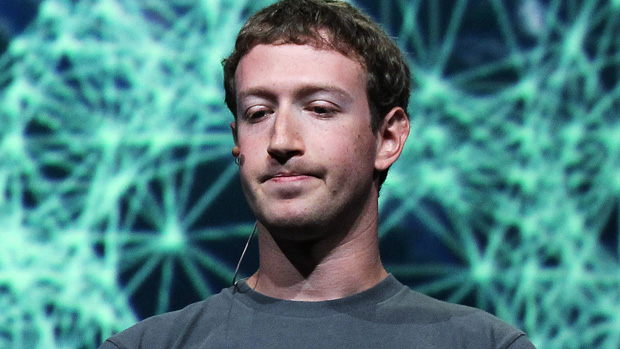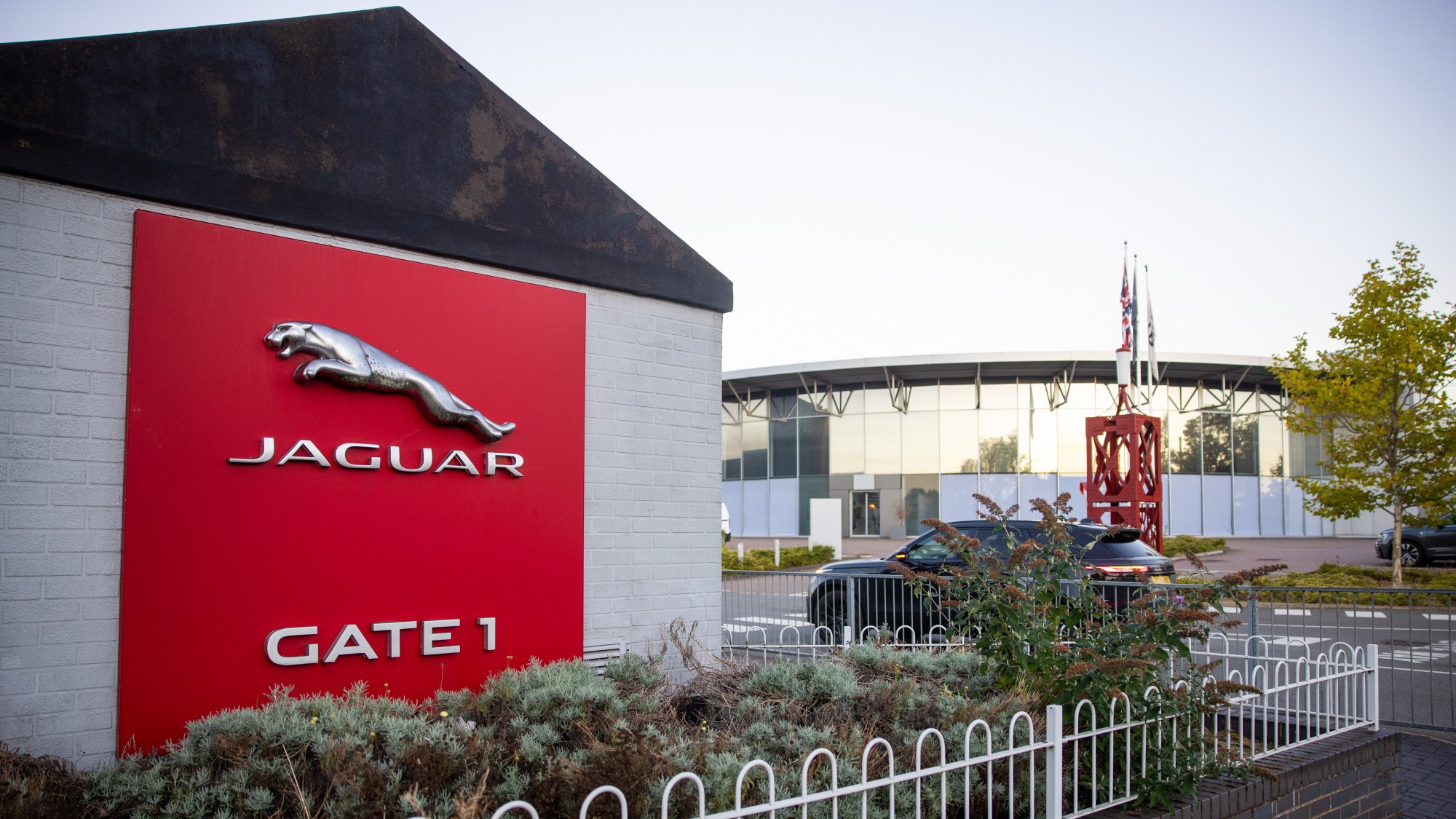Mark Zuckerberg's social media accounts hacked
Facebook chief's Twitter and Pinterest accounts attacked after group finds his "dadada" password

A free daily email with the biggest news stories of the day – and the best features from TheWeek.com
You are now subscribed
Your newsletter sign-up was successful
Mark Zuckerberg has fallen foul of hackers who claim to have gained access to some of his social media accounts.
The Facebook founder's Twitter and Pinterest accounts appeared to have been hit. A group calling itself OurMine has claimed responsibility, saying it had also accessed Zuckerberg's Instagram page, although Facebook, which owns the photo-sharing site, has denied this.
"No Facebook systems or accounts were accessed," it told Venturebeat in a statement.
The Week
Escape your echo chamber. Get the facts behind the news, plus analysis from multiple perspectives.

Sign up for The Week's Free Newsletters
From our morning news briefing to a weekly Good News Newsletter, get the best of The Week delivered directly to your inbox.
From our morning news briefing to a weekly Good News Newsletter, get the best of The Week delivered directly to your inbox.
The group appeared to have accessed Zuckerberg's details via a database of 117 million Linkedin passwords which were hacked in 2012, although the full scale of the security breach has only recently come to light.
He used the same password - "dadada" - for Twitter and Pinterest, allowing the hackers to access them.
Once in, OurMine tweeted messages and "bragged about the alleged hacks", says the BBC. However, Sky reports the group posted it was "just testing" the account for security purposes.
Zuckerberg's Pinterest account had its name changed to "Hacked By OurMine Team".
A free daily email with the biggest news stories of the day – and the best features from TheWeek.com
Business Insider says the Facebook boss made a "basic security mistake" by using the same password for multiple accounts, while the Guardian adds: "It is perhaps relaxing to know that, despite running one of the biggest websites in the world, Zuckerberg appears to have the same security weaknesses as the rest of us."
The paper warns there could be more high-profile hacks to come, given the huge scale of the Linkedin security breach and a more recent hack of around 360 million MySpace accounts.
-
 The environmental cost of GLP-1s
The environmental cost of GLP-1sThe explainer Producing the drugs is a dirty process
-
 Greenland’s capital becomes ground zero for the country’s diplomatic straits
Greenland’s capital becomes ground zero for the country’s diplomatic straitsIN THE SPOTLIGHT A flurry of new consular activity in Nuuk shows how important Greenland has become to Europeans’ anxiety about American imperialism
-
 ‘This is something that happens all too often’
‘This is something that happens all too often’Instant Opinion Opinion, comment and editorials of the day
-
 Is social media over?
Is social media over?Today’s Big Question We may look back on 2025 as the moment social media jumped the shark
-
 Metaverse: Zuckerberg quits his virtual obsession
Metaverse: Zuckerberg quits his virtual obsessionFeature The tech mogul’s vision for virtual worlds inhabited by millions of users was clearly a flop
-
 Why Britain is struggling to stop the ransomware cyberattacks
Why Britain is struggling to stop the ransomware cyberattacksThe Explainer New business models have greatly lowered barriers to entry for criminal hackers
-
 Who are the new-wave hackers bringing the world to a halt?
Who are the new-wave hackers bringing the world to a halt?The Explainer Individual groups and nations are beginning to form concerning partnerships with new ways to commit cybercrime
-
 Jaguar Land Rover’s cyber bailout
Jaguar Land Rover’s cyber bailoutTalking Point Should the government do more to protect business from the ‘cyber shockwave’?
-
 Airplane crash-detection systems could be vulnerable to hackers
Airplane crash-detection systems could be vulnerable to hackersUnder the Radar 'The idea scares the shit out of me,' one pilot said
-
 Social media: How 'content' replaced friendship
Social media: How 'content' replaced friendshipFeature Facebook has shifted from connecting with friends to competing with entertainment companies
-
 Meta on trial: What will become of Mark Zuckerberg's social media empire?
Meta on trial: What will become of Mark Zuckerberg's social media empire?Today's Big Question Despite the CEO's attempt to ingratiate himself with Trump, Meta is on trial, accused by the U.S. government of breaking antitrust law